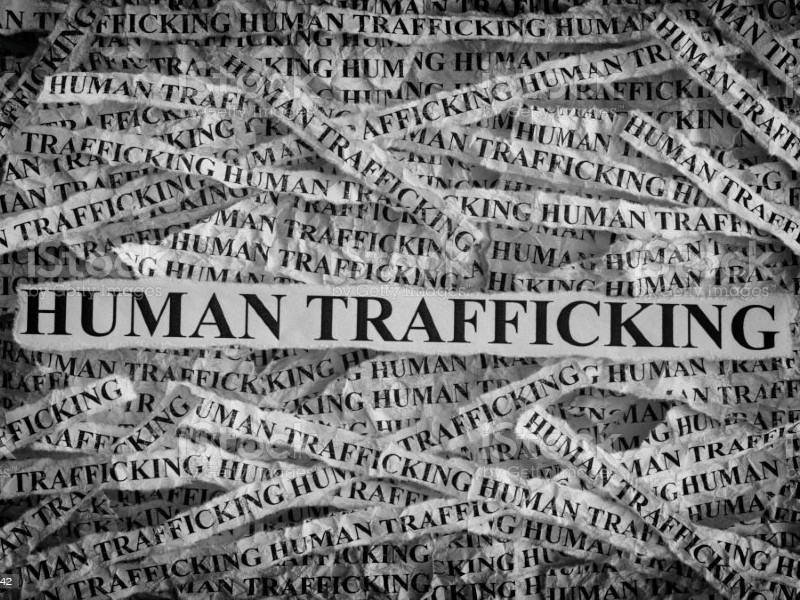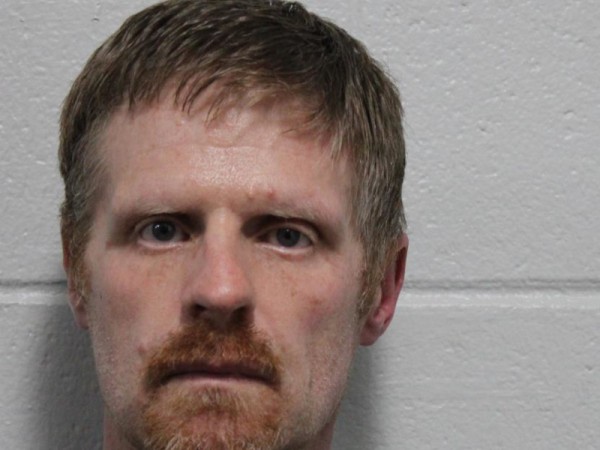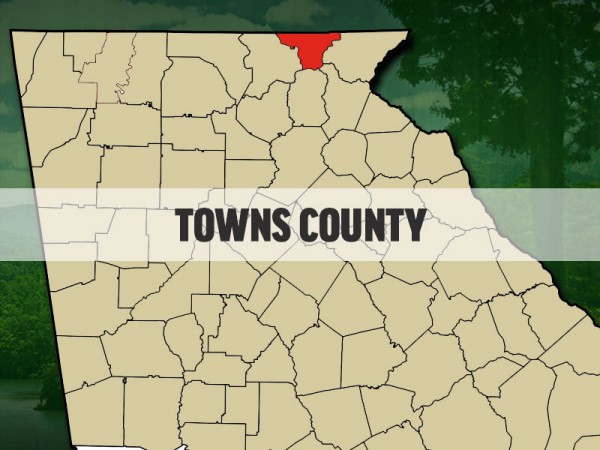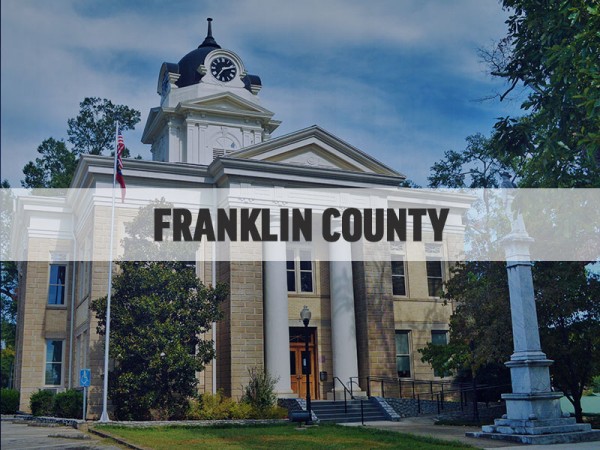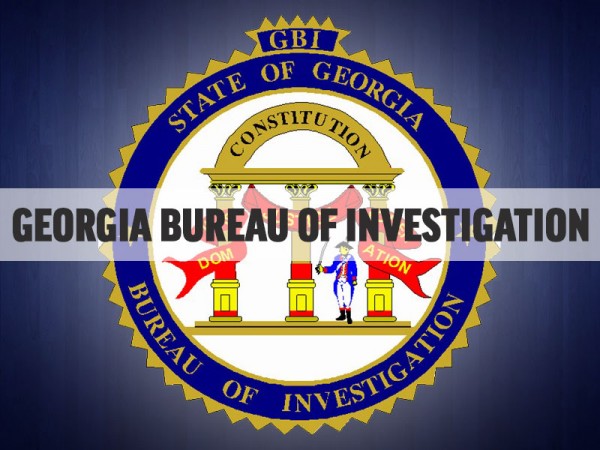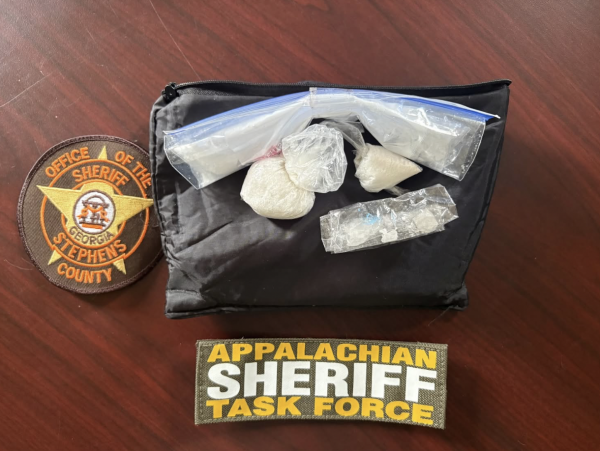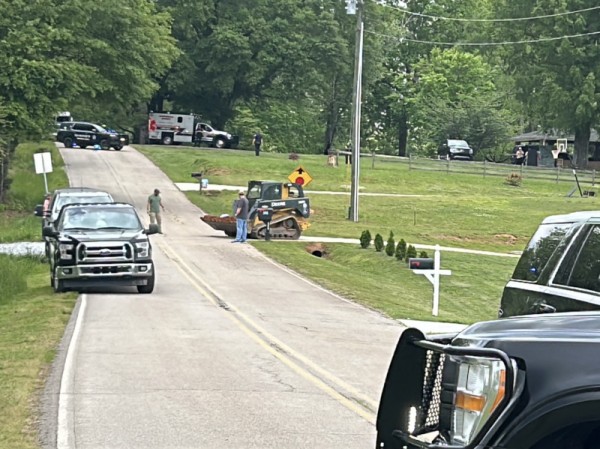AccessWDUN sat down with a HEAT agent from the Georgia Bureau of Investigation this week to learn more about human trafficking in Georgia.
The Human Exploitation and Trafficking (HEAT) Unit, housed within the GBI, was announced in August 2020 by Governor Brian Kemp, Attorney General Chris Carr and GBI Director Vic Reynolds. Agents in the unit focus on enforcing commercial sex trafficking and labor trafficking laws, as well as rescue efforts for current victims.
The HEAT unit handles a strong volume of cases, but it varies depending on the number of tips they receive, according to Assistant Special Agent Ryan Hilton.
“We have a mix of proactive and reactive,” Hilton said. “And the unit has stood up for a couple of years now. And it would be safe to say it's probably about 100 [cases] a year at this point.”
A proactive case is one where agents seek to disrupt human trafficking operations. This is typically done through hotel operations, where the GBI pursues the demand side of trafficking or those who are attempting to obtain trafficked people. The common term for those individuals is “Johns," Hilton noted.
Reactive cases are when agents respond to tips or reports of specific trafficking circumstances. In the event of reactive cases, agents have the primary goal of rescuing the one being trafficked. Fully disrupting the individual doing the trafficking is a secondary benefit in reactive cases.
The GBI has a close working relationship with other organizations as well, which allows them to more effectively find their targets.
“We work with federal and local partners as well, who do investigations outside of the Georgia Bureau investigation, we do come together for operations, and have tight-knit communications when it comes to human trafficking in the state of Georgia … we routinely work with Homeland Security Investigations and the Federal Bureau of Investigation, we share information and we come together to collaborate on certain cases.”
Atlanta is a hub city, with Hartsfield-Jackson Atlanta International Airport being the busiest airport in the world. The level of movement through the area contributes to the frequency of reported human trafficking cases.
“Atlanta being the intersection of major interstates in the southeast, the Atlanta airport being one of the busiest in the world and lots of large events bringing people to Atlanta,” Hilton said. “So just the logistics of human movement make Atlanta a prime place for this unfortunately to happen.”
There are numerous governmental agencies that support campaigns that train staff and the general public on red flags to look for, Hilton said.
Human trafficking can look different depending on the situation and takes place in many forms, according to Hilton. The go-to scenario for trafficking is often imagined as a trafficker snatching up a young girl or child, invoking scenes from the popular film, “Taken.”
“That's pretty rare when we're talking about human trafficking overall, for somebody to hunt somebody or to surveil somebody for the purpose of kidnapping them and forcing them through coercion and violence into a state of human trafficking—that's pretty rare,” Hilton said.
The best way to combat this style of trafficking is consistent with the ways people fight against all other types of criminal activity, according to Hilton and the HEAT Unit. Specifically, being aware of your surroundings, traveling in groups, and trying not to appear distracted, as criminals often prey on those who are preoccupied.
While it was noted situations such as the one detailed above can take place, the overwhelming majority of trafficking cases occur via manipulation, which often starts through online interactions. Individuals who end up as the victims of human trafficking cases have what the agency calls, “risk factors.” Some of these factors include children in foster care, those with a history of sexual or physical abuse and those with disabilities or special needs.
“The biggest one that I would say is just a terrible situation is the propensity for these traffickers to go online and prey upon people online, especially youth who are new to the world, new to social media, not versed in the way bad people manipulate,” Hilton said. “And they get involved with people online through different apps. There's tons of apps out there, there's new ones every day, and they start communicating with strangers, essentially, and end up meeting terrible people that way. That's probably the biggest right now is the digital or electronic aspect of that manipulation, to coerce somebody into trafficking.”
Often times online predators promise those they prey upon different things to build a faux rapport, Hilton noted. They will promise money, care, love, food and other necessary or potentially luxurious things to attract and manipulate people.
“Often, the person who's being trafficked does not recognize that they're being trafficked, or admit that they're being trafficked—the manipulation, gaslighting, the lies, the coercion, it puts these victims in a world where they don't feel like they can get out," Hilton said.
Traffickers will often take identification documents, cell phones and other personal information and devices away from those being trafficked. Furthermore, they may control when the person eats and sleeps, who they are in contact with and what they are allowed to say.
Those in trafficking situations usually fall into either sexual exploitation or labor servitude. While they are bringing in money for the activities they are forced to engage in, they rarely are allowed to keep any of it, which can further exacerbate the reality of being trapped under the reign of a human trafficker.
The most common places for trafficking to take place are freeway exits with numerous hotels, according to Hilton. This allows traffickers easy access to interstate travel while housing those they are trafficking. It also lets traffickers keep their victims separated from local communities, as many staying in hotels are tourists or just passing through.
Some signs to keep an eye out for include people carrying wads of cash, multiple hotel keys, multiple cell phones and prepaid credit cards.
“There's a lot of manipulation going on, there's a lot of hopelessness going on,” Hilton said. “And I don't want to sound corny, but an ounce of prevention is worth a pound of cure. So just knowing the signs of manipulation from another person who wishes you harm or wishes to exploit you.”
The hotline for human trafficking in Georgia may be reached by phone at (866) 363-4842.


